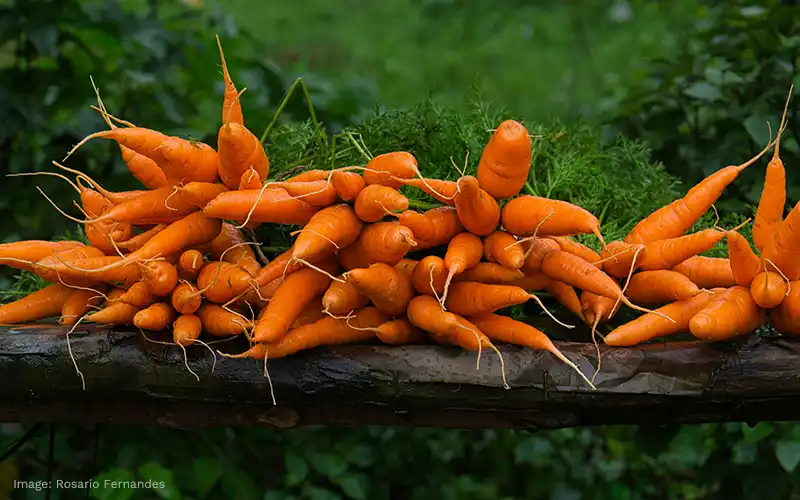In the rolling farmland of Fife, Scotland, a quiet materials revolution has begun to blossom. CelluComp, the eco‑materials pioneer, is gearing up to deploy its flagship product—Curran®, a high‑performance nanocellulose composite spun from root‑vegetable waste—on a truly global scale.
Originally derived from discarded carrot pulp, then optimised using sugar‑beet by‑product, Curran® now emerges as a commercial-grade alternative to oil-based fibres. The material boasts remarkable mechanical strength and biodegradability—qualities reminiscent of carbon or glass fibre, yet grounded in agriculture.
CelluComp currently produces Curran® in its pilot plant in Fife, offering support to customers across the paper, packaging, coatings, and composite industries. But a significant shift is underway: having launched CelluComp Public Benefit Corporation in Minnesota, the company is preparing to open a full-scale production facility in the US in 2024, marking its first major industrial footprint outside Scotland.
Curran®’s appeal lies not only in its performance but in its sustainability credentials. The material leverages agricultural waste—root pulp once destined for animal feed—into premium industrial fibres. Its 80/20 root‑vegetable/oil composition offers enhanced strength and viscosity in various formulations, from biodegradable packaging to eco‑friendly paints.
CelluComp’s strategy extends beyond production: the firm collaborates with industrial partners, universities, distribution firms, and financial backers, helping customers integrate Curran® into their formulations and applications. Through these networks, new use cases continue to emerge, from drilling fluids and concrete enhancers to sports equipment composites.
With pilot manufacturing firmly established in Scotland and full-scale production set to commence in the US next year, Curran® is poised to shift from niche innovation to mainstream material. As it champions a “material change for good,” this carrot-based composite may well shape the next generation of sustainable materials, fuelling an eco-conscious bioeconomy and dazzling industries around the world.
CelluComp’s evolution from small biotech to global bio‑industrial player highlights a larger trend: by turning carrots into a cutting‑edge composite, they’re carving a green future in manufacturing, right from the heart of the Scottish countryside.

